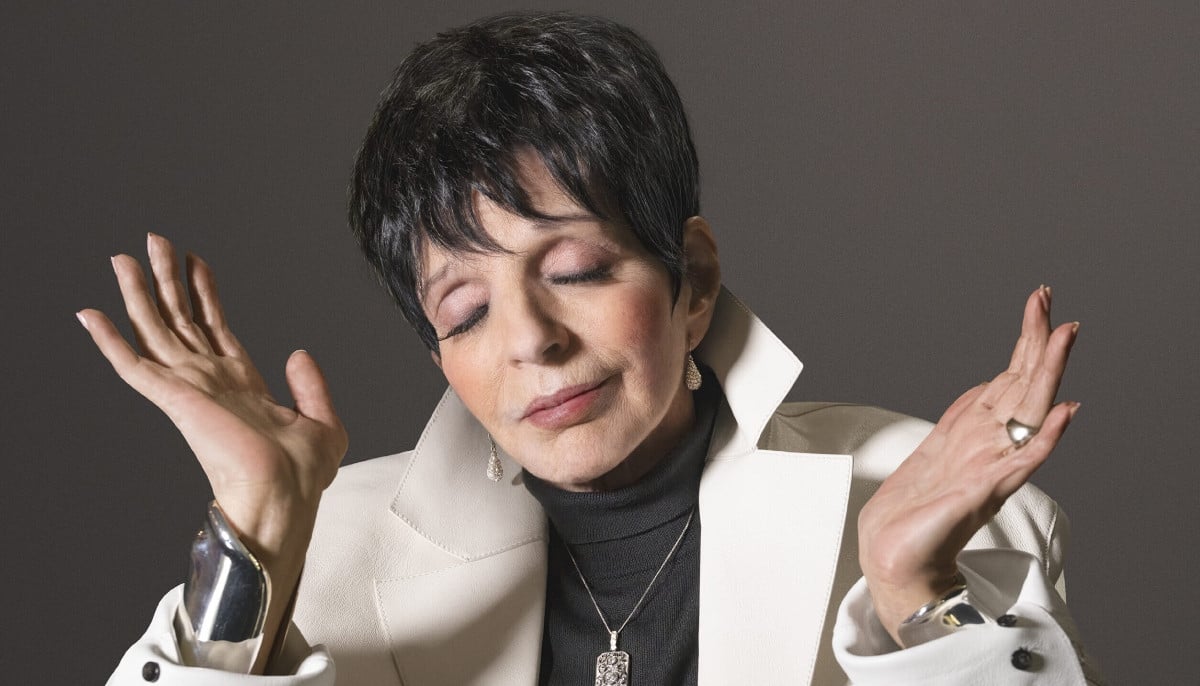Could Keir Starmer be Britain's next prime minister?
As the most working-class leader of opposition party in many years, Starmer remains somewhat mysterious to voters
LONDON: Keir Starmer, the leader of the Labour Party, is a former human rights attorney who later transitioned into a state prosecutor. His strong drive and work ethic are likely to lead him to the highest political position in Britain.
As the most working-class leader of the opposition party in many years, the 61-year-old remains somewhat mysterious to voters.
"My dad was a toolmaker, my mum was a nurse," Starmer often tells voters, countering depictions by opponents that he is the epitome of a smug, liberal London elite.
Despite criticisms labeling him as an unexciting opportunist, his supporters argue that he is a practical manager who will tackle the role of prime minister with the same determination and attention to detail he brought to his legal career.
With his grey quiff and black-rimmed glasses, Starmer remains an enigma in the eyes of many voters, who are predicted to propel him to Downing Street after Thursday's general election.
"Politics has to be about service," Starmer said in a recent campaign speech, repeating his mantra to put "country first, party second" following 14 years of Conservative rule under five different prime ministers.
Sometimes appearing uncomfortable in the spotlight, the devoted Arsenal fan, who came to politics late in life, has struggled to shed his public image as buttoned-up and boring.
But Starmer, whose wife Victoria works as an occupational therapist in the National Health Service, is said to be funny in private and loyal. The couple have two teenage children, a girl and a boy.
If elected, he has pledged to maintain his habit of not working after 6:00 pm on a Friday to spend time with them.
Mother's death
Born on September 2, 1962, Keir Rodney Starmer was raised in a cramped, pebbledashed semi-detached house on the outskirts of London by a seriously ill mother and an emotionally distant father.
He had three siblings, one of whom had learning difficulties. His parents were animal lovers who rescued donkeys.
"Whenever one of us left home, they replaced us with a donkey," Starmer has joked.
A talented musician, Starmer had violin lessons at school with Norman Cook, the former Housemartins bassist who became DJ Fatboy Slim, and attended a prestigious London music school at weekends.
After legal studies at the universities of Leeds and Oxford, Starmer turned his attention to leftist causes, defending trade unions, anti-McDonald's activists and death row inmates abroad.
He is friends with human rights lawyer Amal Clooney from their time together at the same legal practice and once recounted a boozy lunch he had with her and her Hollywood actor husband George Clooney.
In 2003, he began moving towards the establishment, shocking colleagues and friends, first with a job ensuring that police in Northern Ireland complied with human rights legislation.
Five years later, he was appointed director of public prosecutions for England and Wales when Labour's Gordon Brown was prime minister.
Between 2008 and 2013, he oversaw the prosecution of MPs for abusing their expenses, journalists for phone-hacking, and young rioters involved in unrest across England.
He was knighted by Queen Elizabeth II but rarely uses the prefix "Sir", and in 2015 was elected a member of parliament, representing a seat in left-leaning north London.
Just weeks before he was elected, his mother died of a rare disease of the joints that had left her unable to walk for many years.
Rebellion
In 2021 he broke down in tears during a TV interview as he described how her agonising death "broke" his father.
Just a year after becoming an MP, Starmer joined a rebellion by Labour lawmakers over radical left-winger Jeremy Corbyn's perceived lack of leadership during the EU referendum campaign.
It failed, and later that year he rejoined the top team as Labour's Brexit spokesman, where he remained until succeeding Corbyn, who took the party to its worst defeat since 1935 in the last general election five years ago.
Starmer has since shown ruthlessness by moving the party back to the centre ground, purging Corbyn and rooting out anti-Semitism.
The left accuses him of betrayal for dropping a number of pledges he made during his successful leadership campaign, including the scrapping of university tuition fees.
But his strategic repositioning of Labour to put it back on a path to power is indicative of a constant throughout his life: a drive to succeed.
"If you're born without privilege, you don't have time for messing around," Starmer once said.
"You don't walk around problems without fixing them, and you don't surrender to the instincts of organisations that won't face up to change."
-
Liza Minnelli reveals rare traits she is looking for in new lover after series of failed romances
-
EU court adviser rejects Meta Platforms challenge over Facebook data
-
Oscar nominated Michael B Jordan reveals one 'Sinners' scene entire cast saw filmed
-
World Economic Forum CEO Borge Brende steps down following Jeffrey Epstein ties controversy
-
Hillary Clinton set for deposition before House committee today in Jeffrey Epstein investigation case
-
Kim Jong Un says North Korea ready to ‘get along’ with US but sets key condition
-
Trump’s tariff turmoil yet to significantly dent growth in emerging economies, despite raising trade tensions
-
Kash Patel fires FBI officials behind Trump Mar-a-Lago documents probe, reports say












